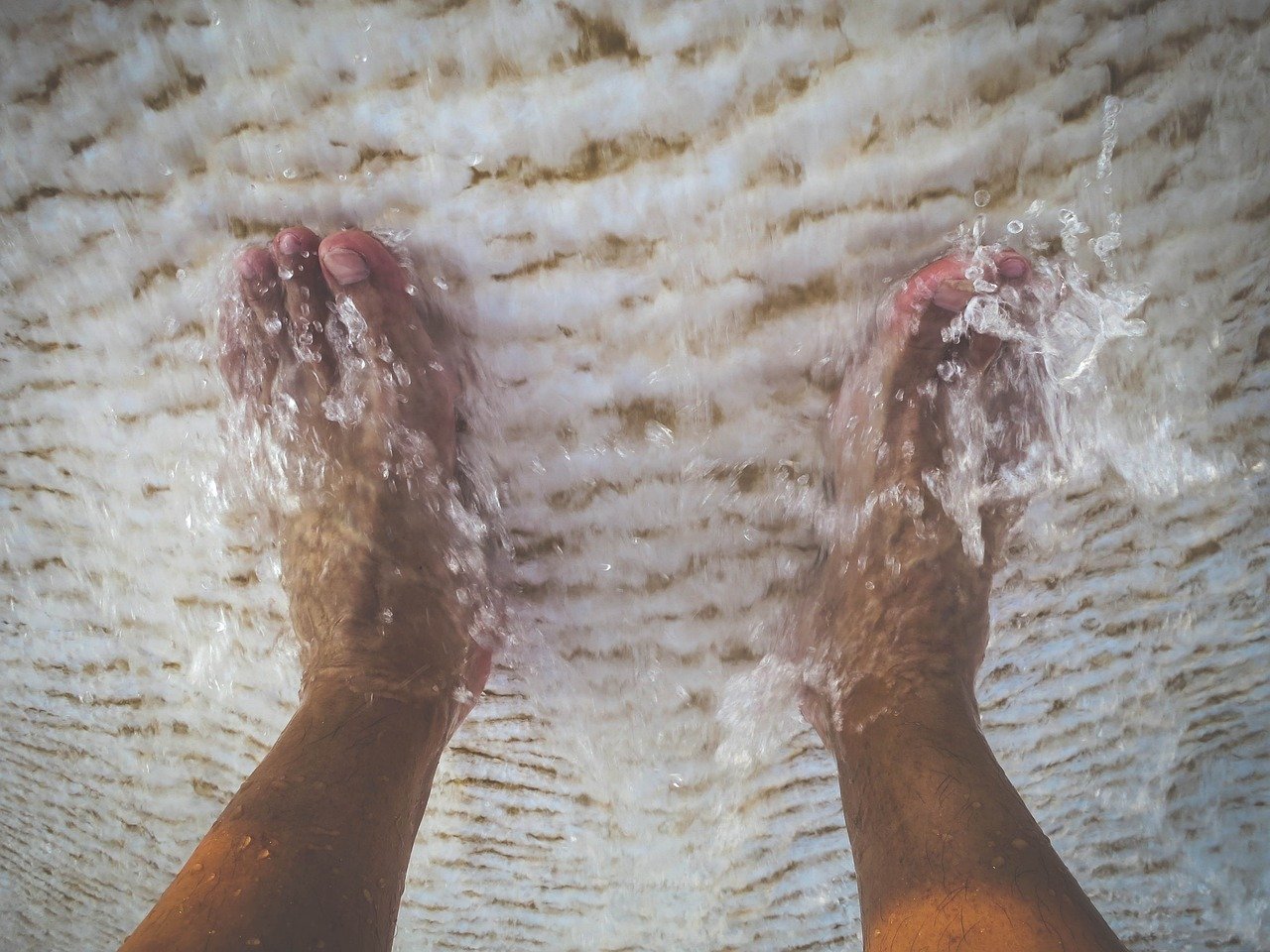Washing your feet might not be the first thing that comes to mind when you’re showering or taking care of your personal hygiene. However, your feet deserve just as much attention as other parts of your body. Let’s explore the best practices for foot hygiene and how often you should wash your feet to keep them healthy.
Why is Foot Hygiene Important?
- Bacteria and Fungi: Your feet host billions of bacteria and fungi. While some are harmless, others can be harmful. Keeping your feet clean helps prevent infections.
- Sweat Glands: The soles of your feet contain a high concentration of sweat glands, making them prone to odor. Washing helps eliminate the sweat and bacteria that contribute to foot odor.
- Prevention of Conditions: Proper foot hygiene can prevent common conditions such as athlete’s foot and other fungal infections. Regular washing can also help protect against skin infections.
How Often Should You Wash Your Feet?
- Diabetic Individuals: People with diabetes should wash their feet every day. This helps prevent infections and allows for the early detection of cuts or sores.
- General Recommendations: For those without underlying health issues, washing your feet every couple of days is usually sufficient. This keeps your feet clean without stripping natural oils.
- Active Individuals: If you engage in activities like running or gym workouts, you may need to wash your feet more frequently to remove sweat and bacteria.
How to Wash Your Feet Properly
- Use Soap and Water: Don’t just let the water run over your feet. Make sure to use soap and wash them thoroughly.
- Don’t Forget Between the Toes: Pay special attention to the spaces between your toes where moisture can get trapped.
- Dry Thoroughly: After washing, it’s crucial to dry your feet completely, especially between the toes. Dampness in these areas can lead to fungal infections like athlete’s foot.
Other Considerations for Healthy Feet
- Avoid Overwashing: While cleanliness is important, overwashing can strip the skin of beneficial microbes and natural oils, leading to dryness and irritation.
- Be Cautious with Antibacterial Soaps: These can disrupt the natural balance of organisms on your skin, potentially leading to issues with harmful bacteria.
- Monitor for Issues: Regular foot washing gives you a chance to check for any cuts, blisters, or signs of infection, which is especially crucial for individuals with diabetes.
Final Thoughts
In conclusion, keeping your feet clean is vital for overall foot health. Make it a habit to wash your feet regularly, especially if you have diabetes or are physically active. Remember to wash them thoroughly and dry them properly to keep infections at bay.


















